The Toxic Mother: A Harsh Reflection of Societal Expectations
The character of Wen Yifan's mother in the TV drama "Nan Hou" has left a profound impression on audiences, eliciting feelings of both heartache and outrage. Her attitude towards her daughter has been particularly criticized, with many female Weibo users expressing their inability to understand her cruel behavior. The way she treats Wen Yifan has sparked a heated discussion online, with many viewers condemning her actions as unacceptable.

22 February 2025
In the show, Wen Yifan's mother is portrayed as a complex and flawed character, whose treatment of her daughter has been described as "too cruel" by some viewers. The drama's depiction of their tumultuous relationship has resonated with audiences, with many taking to social media to express their emotional responses to the storyline. One user described the moment when Wen Yifan tries to reconnect with her mother, only to be met with further rejection, as the most heartbreaking part of the show. The user's comment highlights the devastating impact of the mother's behavior on Wen Yifan, leaving her feeling trapped and helpless.
Wen Yifan's upbringing was marked by a profound sense of isolation and neglect. Her mother's lack of affection and support left an indelible mark on her psyche, forcing her to rely solely on herself for emotional sustenance. A poignant example of this can be seen in her first dinner with her mother's new family, where she was met with outright rejection by her step-sister. The step-sister's blatant disapproval of Wen Yifan's presence was staggering, with her explicitly stating that she did not want Wen Yifan to eat with them. What's even more heartbreaking is that Wen Yifan's mother, instead of defending her daughter, chose to remain silent, merely casting a brief glance in Wen Yifan's direction.

The character Wen Yifan is often misunderstood as being warm and gentle, but in reality, she possesses a strong sense of self-protection and independence. Despite facing numerous difficulties and bullying in her life, she remains resilient and determined to protect herself, unafraid of rumors and gossip. Her personality and life experiences have made her even more strong-willed and independent. Wen Yifan's independence and self-reliance are further demonstrated by her decision to move away from her toxic family environment and start a new life in a different city, where she attends university and becomes a journalist.
The show's portrayal of Wen Yifan's experiences sparks a question: is the show trying to make a point about the societal expectation that "beauty is a sin"? However, this is not the case. The show is not trying to make a point about this notion, but rather explores the consequences of societal expectations and the impact on individuals. The author cites the example of the character's encounter with a male roommate who harasses her, and the child's question "who's at fault?" which prompts the character to reflect on her own experiences and the societal expectations placed upon her.
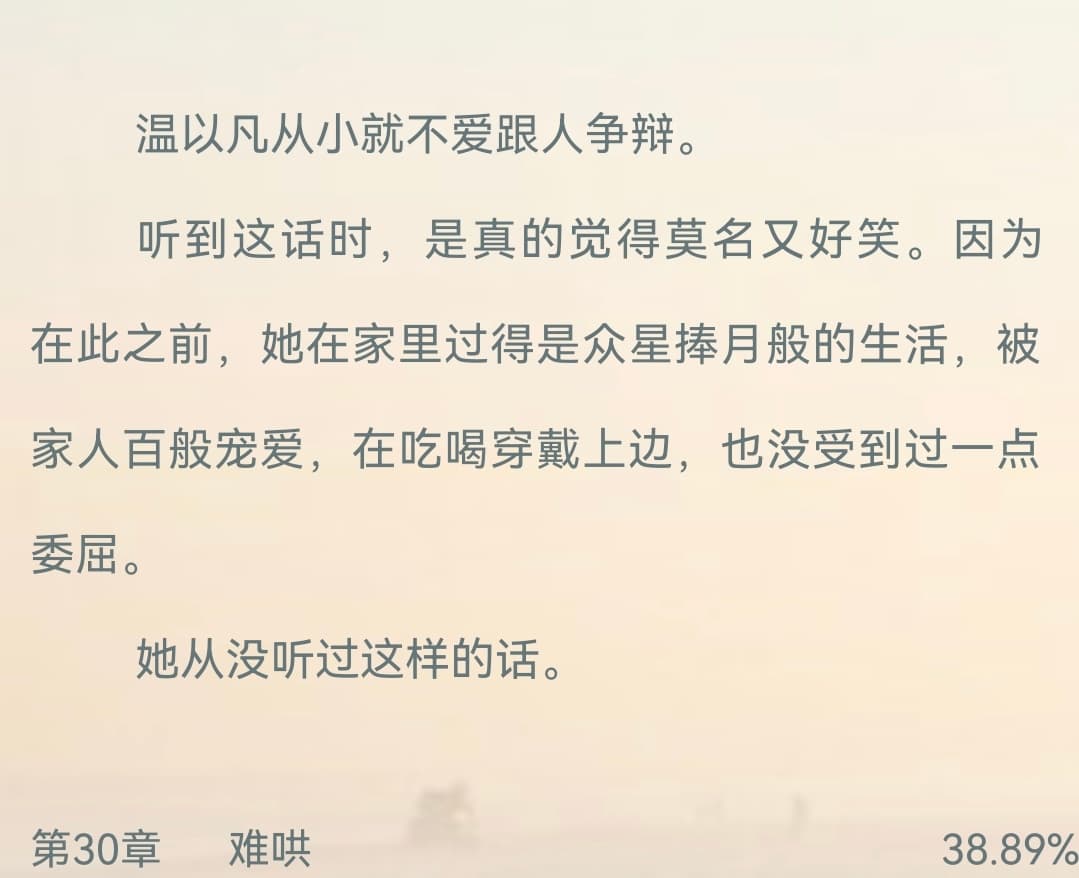
The portrayal of Wen Yifan's mother in "Nan Hou" has ignited a discussion about societal issues, with many female users on social media arguing that beauty should not be seen as a flaw. The show's narrative has prompted viewers to think critically about the position and treatment of women in society, as well as the need for protection and support. The character's experiences serve as a catalyst for this discussion, raising questions about whether society is predisposed to judge individuals based on their appearance, and whether this mindset is perpetuated from a young age. Ultimately, the show encourages viewers to reflect on their own biases and consider the consequences of societal expectations on individuals, particularly women.

Comments

Share this article
Related Articles
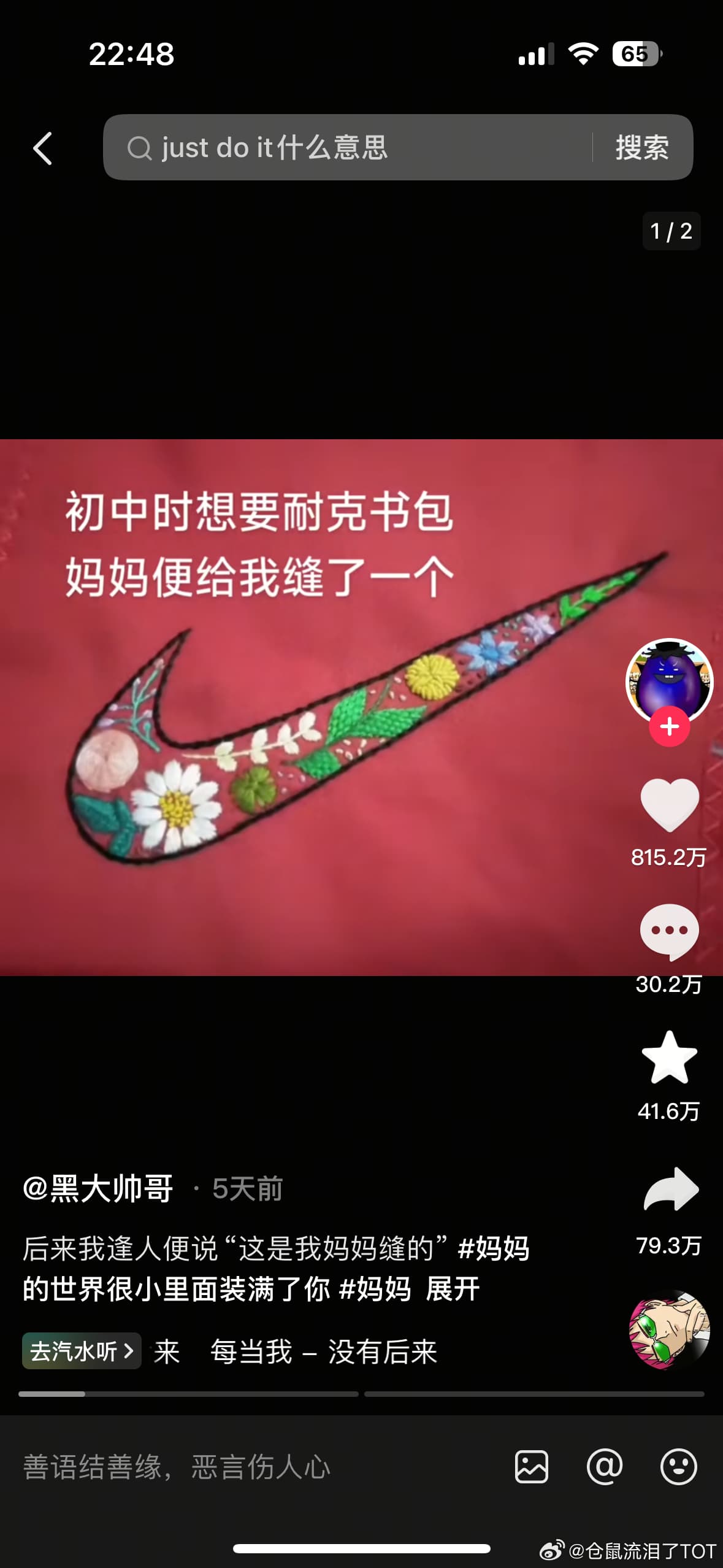
Mother’s Hand‑Stitched Nike Backpack Goes Viral, Showcasing Love, Craftsmanship and Brand Authenticity in China
By Trending on Weibo
Culture
15 Sept 2025
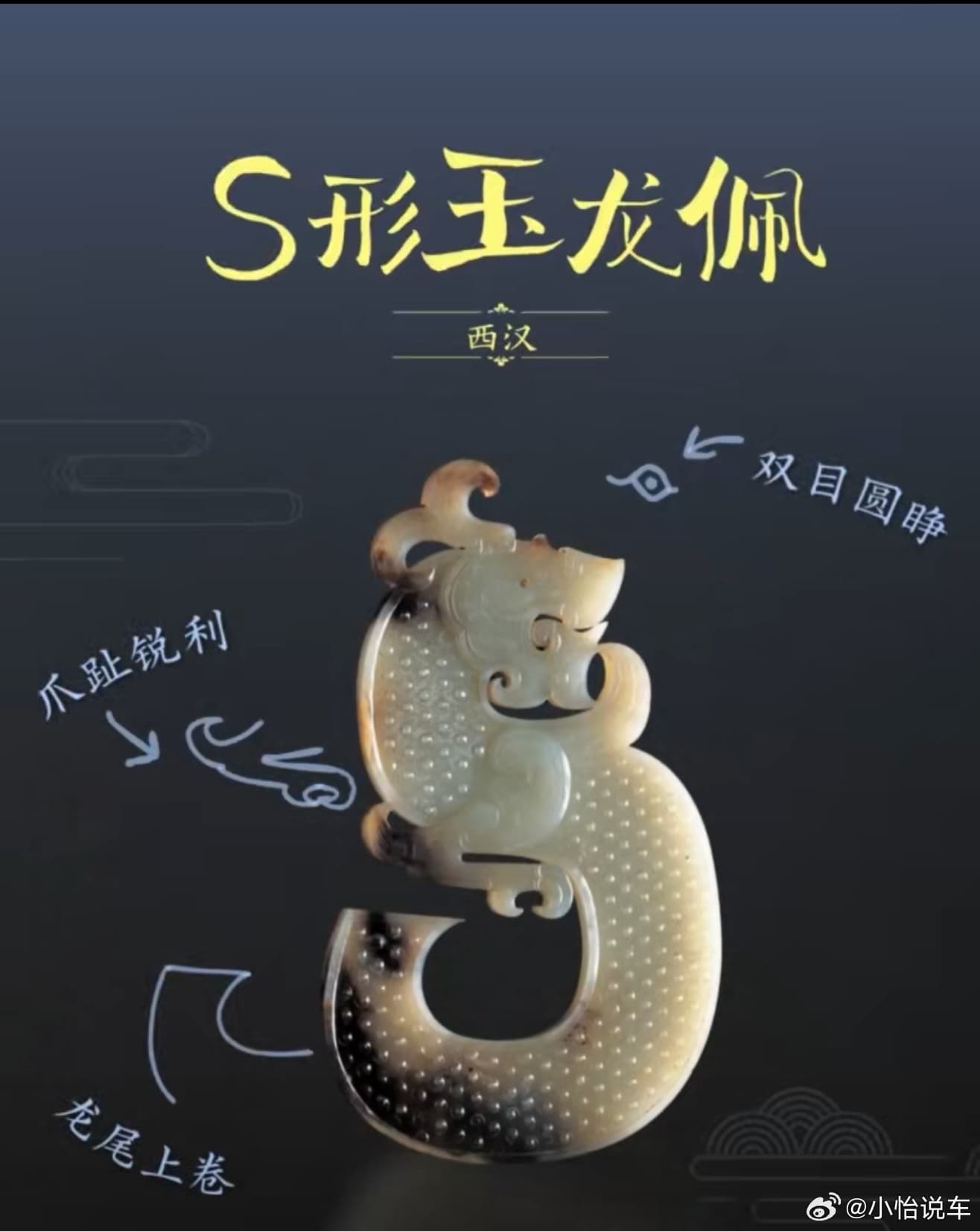
China’s “National Treasure Highlights” Campaign Turns Heritage Into Global Soft‑Power and Consumer Brand】
By Trending on Weibo
Culture
13 Sept 2025
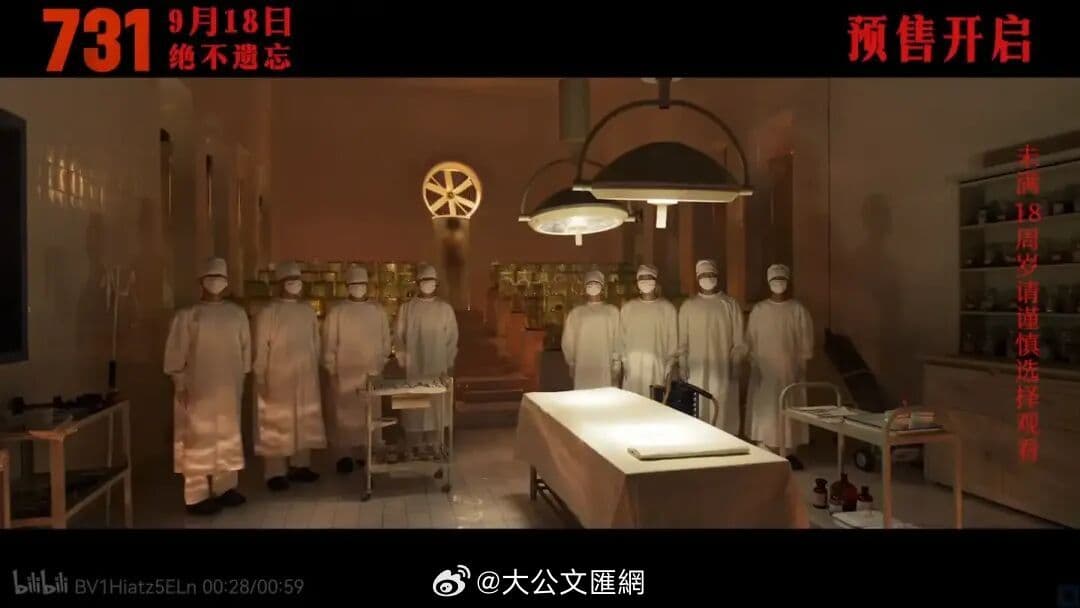
Mystery Meme: Unraveling China’s “Dissected 14 People, Crumbled by a Letter” Phenomenon】
By Trending on Weibo
Culture
8 Sept 2025
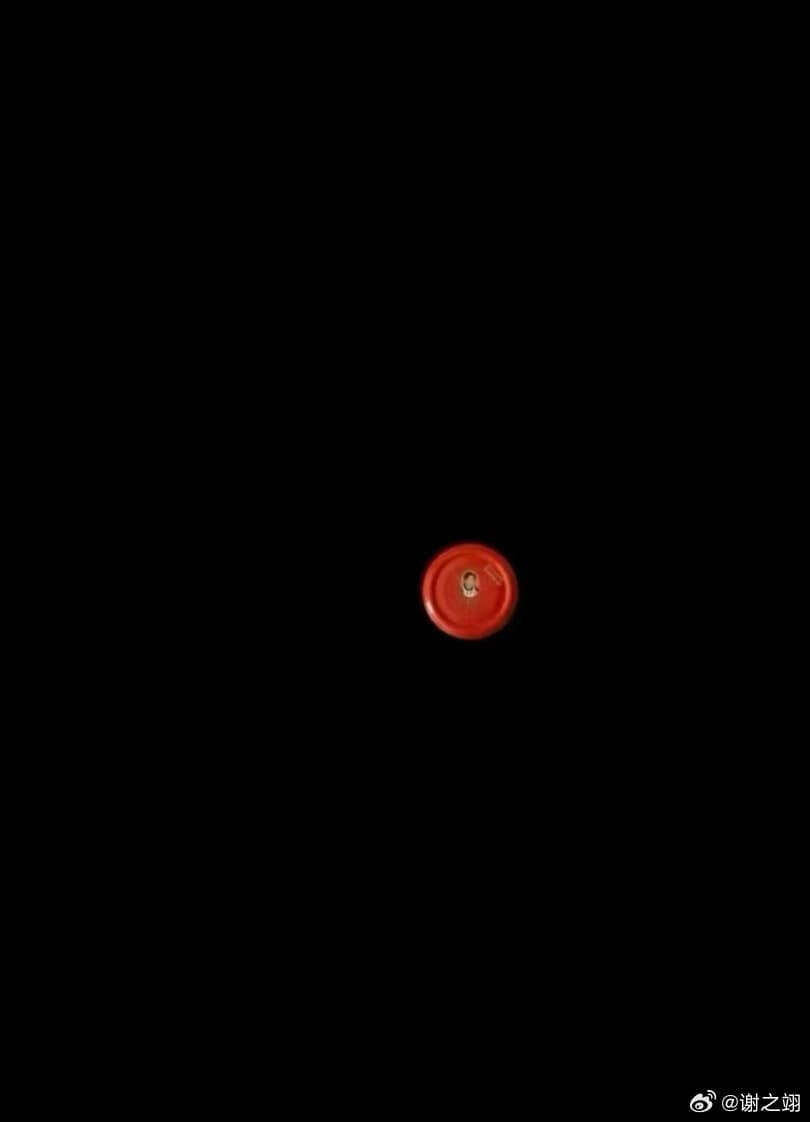
Chinese Netizens Turn Blood Moon Into Viral “Too Abstract” Meme
By Trending on Weibo
Culture
8 Sept 2025
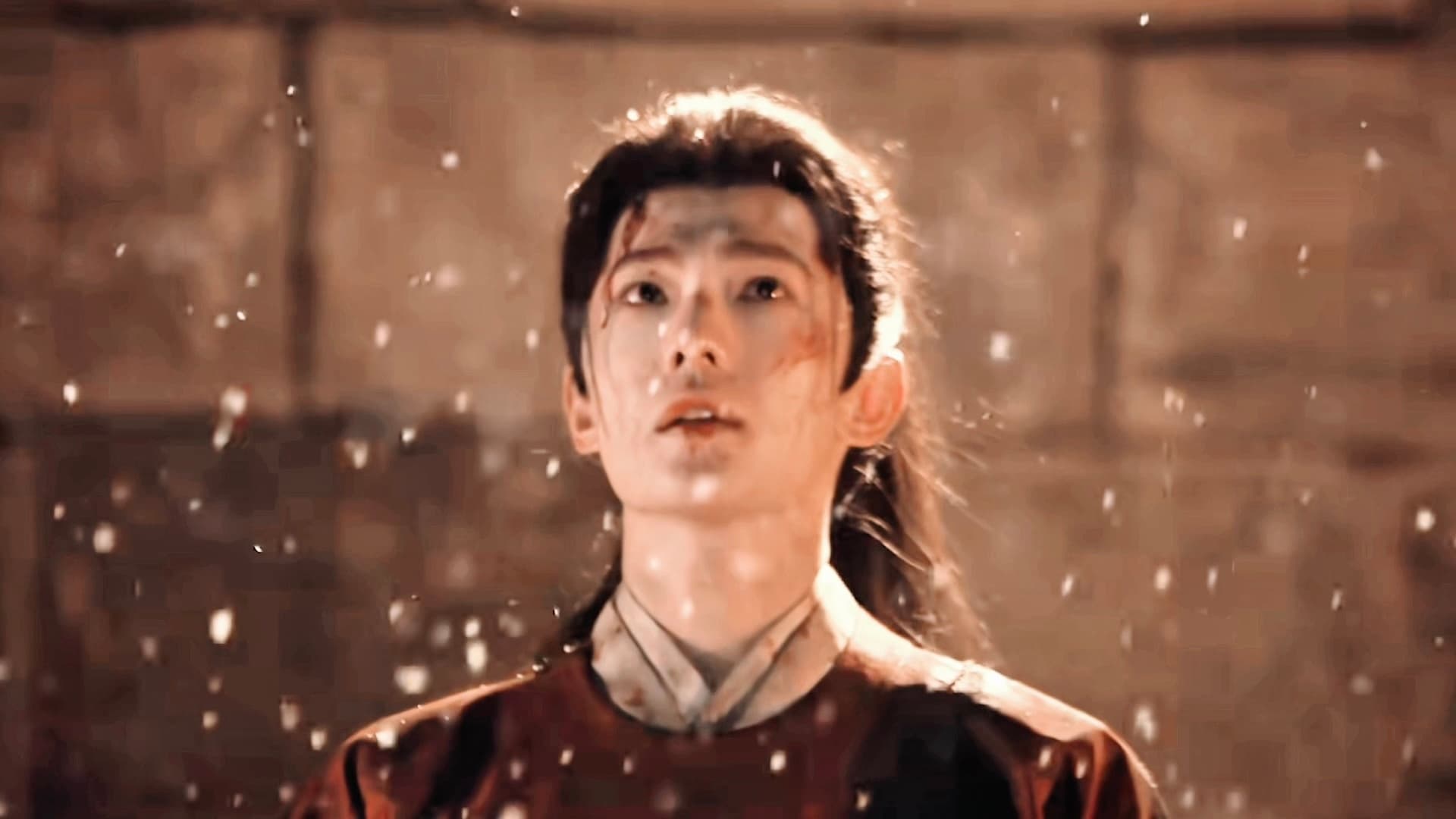
From Song Dynasty Verse to 2024 Drama: The Enduring Echo of “Rain‑Laden Bells” in Chinese Culture
By Trending on Weibo
Culture
8 Sept 2025



